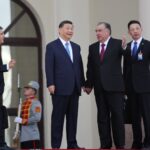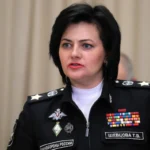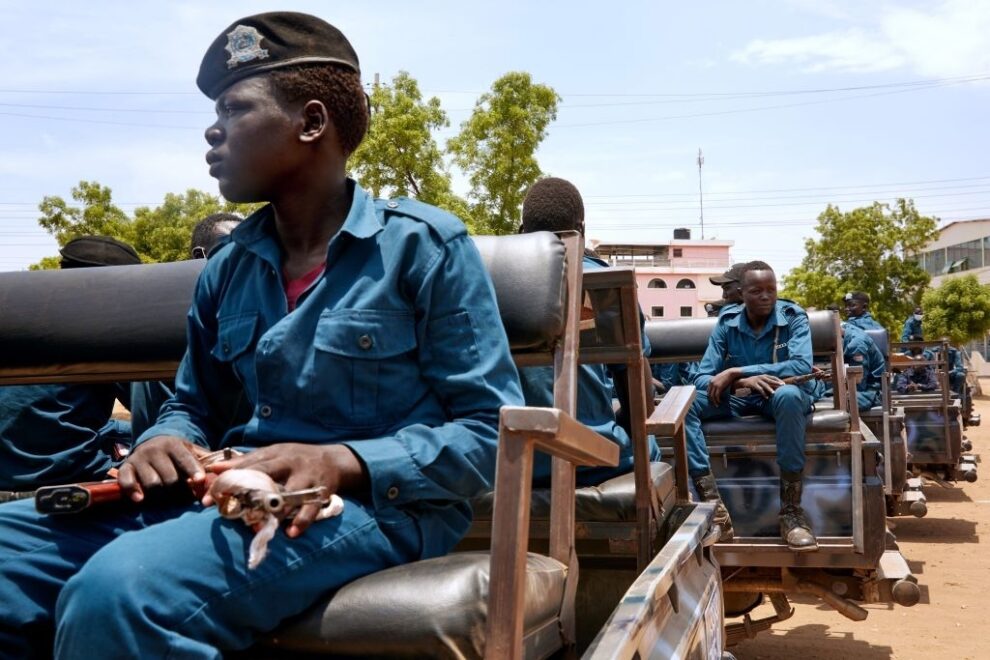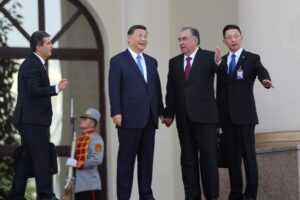NAIROBI, KENYA — The United Nations Commission on Human Rights in South Sudan is accusing the government of suppressing opposition voices, restricting media freedom, and interfering with civil society. The commission says these violations weaken the country’s accountability and democratic process. The commission blamed South Sudan’s intelligence agency for violating human rights and meddling with people’s lives, employing tactics reminiscent of the methods used by Sudan’s security agencies against the South prior to its secession.
The commission leveled the accusations a new report Thursday titled Entrenched Repression, which looks at the systemic restriction of democratic and civic space in South Sudan.
The U.N. human rights body accused South Sudanese security agencies and government officials of human rights abuses, torture, repression, rendition and interference in the work of media, civil society and political groups.
U.N. Commissioner Barney Afako, speaking to reporters in Nairobi, said that these abuses affect the population indiscriminately, regardless of their societal position.
“We’ve continued to find this year that the state is attacking journalists, activists, and even ordinary citizens, particularly anybody who dares to discuss issues that the authorities may deem either sensitive or to be critical of their positions,” Afako said. “Reprisals include intimidation, harassment, violence, beatings, sexual violence against women, arbitrary detentions and torture.”
The report highlights the ongoing and unchecked attacks against journalists and human rights defenders both within and outside South Sudan, including online harassment.
According to the report, the intelligence agency exercises censorship within newsrooms by placing agents there to review content before publication or broadcast. Publications based outside the country are also subjected to website blockages and cyberattacks.
The research findings reveal that politicians, opposition groups, and freedom of association have been abused, making it challenging for people to voice their opinions on the country’s political and socioeconomic situation.
South Sudanese authorities are also accused of forcibly transferring their critics from African nations, resulting in disappearances and suspected killings. Morris Mabior, a critic of the South Sudan government, was abducted from Kenya in February and reportedly taken to Juba, where he was he was said to have been subjected to torture and mistreatment.
Attempts to reach South Sudan’s minister of information, Michael Makuei, to respond to the allegations were unsuccessful.
Investigators blame the abuses on the South Sudan National Security Service. Commissioner Afako noted the intelligence agency is employing tactics similar to those used by neighboring Sudan to suppress and limit people’s freedom.
“The primary instrument of repression in South Sudan is the National Security Service,” said Afako. “And we found that many of the tactics that they used mirror those that were used by the regime in Khartoum, when the country was still part of Sudan. For example, South Sudanese still use the term ‘ghost houses’ to refer to the clandestine detention facilities, which are notorious for torture and enforced disappearances. This is the same term and this is a practice that was used in Sudan when the South and the North were still one country.”
South Sudan gained independence from its neighbor in 2011.
The 57-page report was released as the South Sudan transitional period is about to end with planned elections in December 2024.
South Sudan descended into tribal conflict after forces loyal to President Salva Kiir and his deputy Riek Machar engaged in a gun battle in December 2013. The conflict has killed at least 400,000 and displaced millions.
A 2018 peace agreement involving the government, opposition groups and rebel members brought some normalcy and required the warring parties to have a road map for a transition to democracy.
As the push for elections gains momentum, human rights researchers are concerned that those in power may engage in abuses to solidify their positions.
U.N. Commissioner Carlos Fernandez said the country needs a strong judiciary as part of conflict-resolution mechanisms.
“So, the lack of an independent, reliable, transparent judiciary is another factor that brings a general situation of legal uncertainty,” Fernandez said. “And the rule of law is just based on this kind of referee for the game. So, we need to play the game, but we need clear rules to play, and we need a referee to play. Because if not, the citizens that cannot ask for the protection of the judiciary will resort to corruption or maybe eventually to violence.”
The U.N. panel of investigators urges the government to finalize the constitution-making process and conduct national elections. They also demand that authorities cease harassing journalists, human rights activists, members of civil society and the public.
The commission is also calling for the prosecution of officials, security personnel and others involved in such violations to put an end to the prevailing culture of impunity.
Source : VOA News











